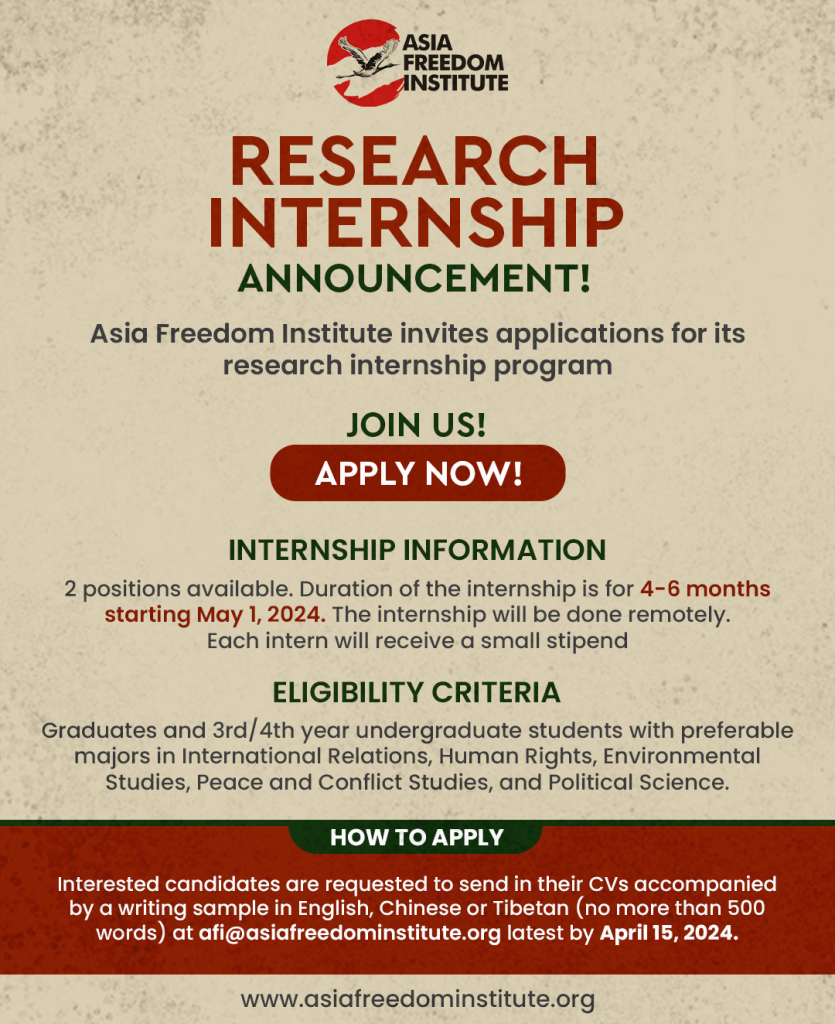The 50th G7 Summit was held from June 13-15, 2024 at Borgo Egnazia in the city of Fasano in Apulia, Italy on June 13-15, 2024. The event brought together the Leaders of the seven member States, as well as the President of the European Council and the President of the European Commission representing the European Union.
The summit had a strong focus on China as reflected in Apulia G7 Leaders’ Communiqué where China is mentioned 29 times. Chinese policies and actions across issues and regions – global trade, cyberspace, Taiwan, East and South China Seas, war in Ukraine and human rights in China, Tibet, East Turkestan and Hong Kong – were portrayed as working against international peace, cooperation and norms.
Here are some excerpts from the Communiqué:
We reaffirm that maintaining peace and stability across the Taiwan Strait is indispensable to international security and prosperity. We support Taiwan’s meaningful participation in international organizations, including in the World Health Assembly and WHO technical meetings, as a member where statehood is not a prerequisite and as an observer or guest where it is. There is no change in the basic positions of the G7 members on Taiwan, including stated one China policies. We call for a peaceful resolution of cross-Strait issues.
We remain seriously concerned about the situation in the East and South China Seas and reiterate our strong opposition to any unilateral attempt to change the status quo by force or coercion.
We express our deep concern at the People’s Republic of China’s support to Russia. We call on China to press Russia to stop its military aggression and immediately, completely and unconditionally withdraw its troops from Ukraine. China’s ongoing support for Russia’s defense industrial base is enabling Russia to maintain its illegal war in Ukraine and has significant and broad-based security implications. We call on China to cease the transfer of dual-use materials, including weapons components and equipment, that are inputs for Russia’s defense sector.
We remain concerned by the human rights situation in China, including in Tibet and in Xinjiang where forced labor is a major concern to us. We are also worried by China’s crackdown on Hong Kong’s autonomy, independent institutions, and civil society and continued erosion of rights and freedom, including through the recent enactment of legislation under Article 23 of the Basic Law that has broad and vaguely defined provisions regarding “sedition”, “state secrets,” and interactions with foreign entities. We express concerns about the use of such laws to silence dissent in Hong Kong and overseas, including politically motivated prosecutions. These developments will make it harder to live, work and do business in Hong Kong.


